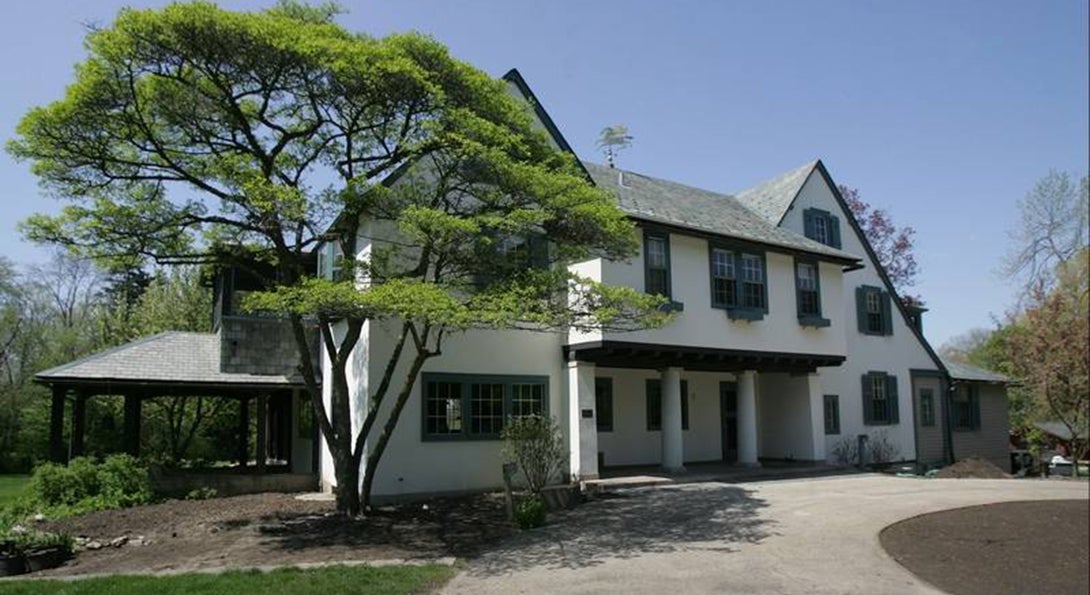Student Reverie Focus of Ragdale Fellowship

Introduction
As Rachel Harper, PhD Curriculum and Instruction student, progresses with her dissertation research, she can’t shake an odd encounter she had with former College professor Ward Weldon, who passed away in 2013.
Harper, who is investigating the reverie experiences in arts and learning, recalls how in a casual conversation with Weldon, the professor referenced how he sang to his students in courses about educational finance and administration.
“And I said, ‘That’s strange, is it awkward?’ and he just started singing in the middle of the room,” Harper said. “This is astonishing that he’s singing.”
When Weldon passed away, Harper stopped by his office and observed dozens of post-it notes stuck to the door. Some of them read “Thank you for singing to us.”
“This was no accident—the things people wanted to remember about him, they remembered the singing,” Harper said. “He connected with his students on a very deep level and created some conditions for learning.”
This summer, Harper is in residence at the Ragdale Foundation (picture, above) as a 3Arts Teaching Artist Fellow, immersing with other creators of arts and media as she completes her dissertation, which focuses on reverie experiences like those created by Weldon in education. The fellowships are designed to help artists have the space to test their mettle, see what happens, and take a breath within environments and communities that are both restorative and stimulating.
Harper is both a visual and audial artist; her audio and music works have been performed in Chicago and New York and she exhibits visual art in national group shows. While in residence, she is working on painted still life works for four weeks before spending a few weeks teaching 12 high school students in visual arts.
At Ragdale, she is interacting with artists, writers, journalists and social justice workers, helping her mold her thinking about the importance of reverie spaces in schools. She says the questions of what is worth knowing and how it gets known, and for whose benefit, is a key political question.
“It’s clear there is not a lot of daydreaming and not a lot of singing in schools with fewer resources,” Harper said. “Schools with more resources have more flexibility and resilience that is necessary to facilitate the growth of the mind.”
Her research is examining shorter vignettes and scenes from various kinds of narratives, looking at how reverie experiences like opportunities to daydream or sing can develop what she calls “richly loving classrooms.” These investigations are informed by her master’s thesis, which examined aesthetic experiences for infants and toddlers at critical stages of development. She looked at the way mothers and infants communicate, with mothers receiving disorganized feelings from infants and returning those feelings as thoughts over a long period of time.
“I could see this reverie from the beginning; it’s always stayed with me as a hunch, that basically throughout our lives our minds grow by engaging in the kinds of experiences, aesthetic or otherwise, that are like that first transaction between mother and baby.”